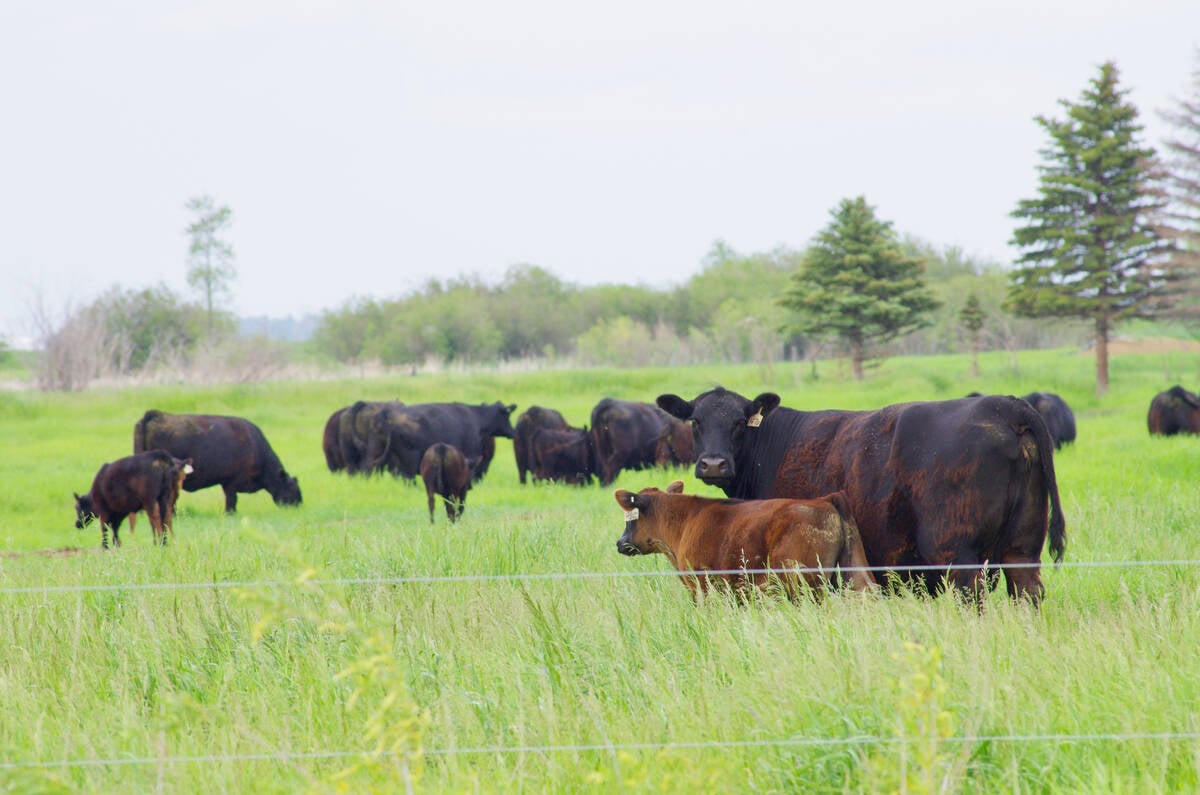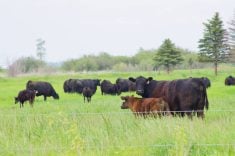An international consortium of scientists announced in late April that they had successfully sequenced the bovine genome.
The project, which involved more than 300 scientists from 25 countries, took nearly six years to complete and will provide researchers with a detailed road map of the genetic features that distinguish cows from other mammals.
Researchers around the world heralded the project as a major milestone in gene research.
Completion of the project is expected to augment advanced cattle breeding techniques and could aid in the development of specialized, highly efficient cattle breeds capable of producing more nutritious meat and milk products with fewer inputs.
Read Also

Tick research from the University of Manitoba focuses on insects and testing
Manitoba researchers are looking into the effects of tick and fly disease in cattle.
A genome is loosely defined as all of the genetic material contained in a living organism, including genes, chromosomes and DNA.
Together, those factors determine an organism’s appearance, health, behaviour and function.
Details of the project were published in two reports that appeared in the April 24 edition of Science, a peer-reviewed academic journal of the American Association for the Advancement of Science.
Graham Plastow, director of the Alberta Bovine Genomics Program, said the completion of the sequencing project offers scientists a powerful new tool that will enhance agriculture’s ability to feed the world.
“The challenge that we’re facing is how do we continue to feed the world in 2050 when the population is estimated to reach nine billion and we need twice as much animal protein as we’re producing today,” said Plastow, a member of the Canadian research team that contributed to the project.
“We have to address that challenge against a background of limited and diminishing resources such as land, water and energy and we also have to take into account the impact of climate change.”
According to Plastow, continued scientific advances will be required to ensure a sufficient level of food production. The sequencing of the bovine genome represents an important move in that direction.
By identifying certain genetic characteristics and researching specific areas of the genome, scientists will be better equipped to improve key bovine functions such as digestion, nutrient conversion, reproduction, lactation and disease immunity.
In a smaller but related genomics study, a consortium of Canadian scientists examined 50,000 segments of the bovine genome, known as SNIPs.
That study, which emerged out of the larger bovine genome project, may one day allow dairy producers to more accurately assess the breeding potential of young bulls.
According to some experts, advancements in bovine genomics research have the potential to increase the rate of genetic improvement in beef and dairy herds by 50 percent.
Genome Canada contributed $5 million to the sequencing project.

















